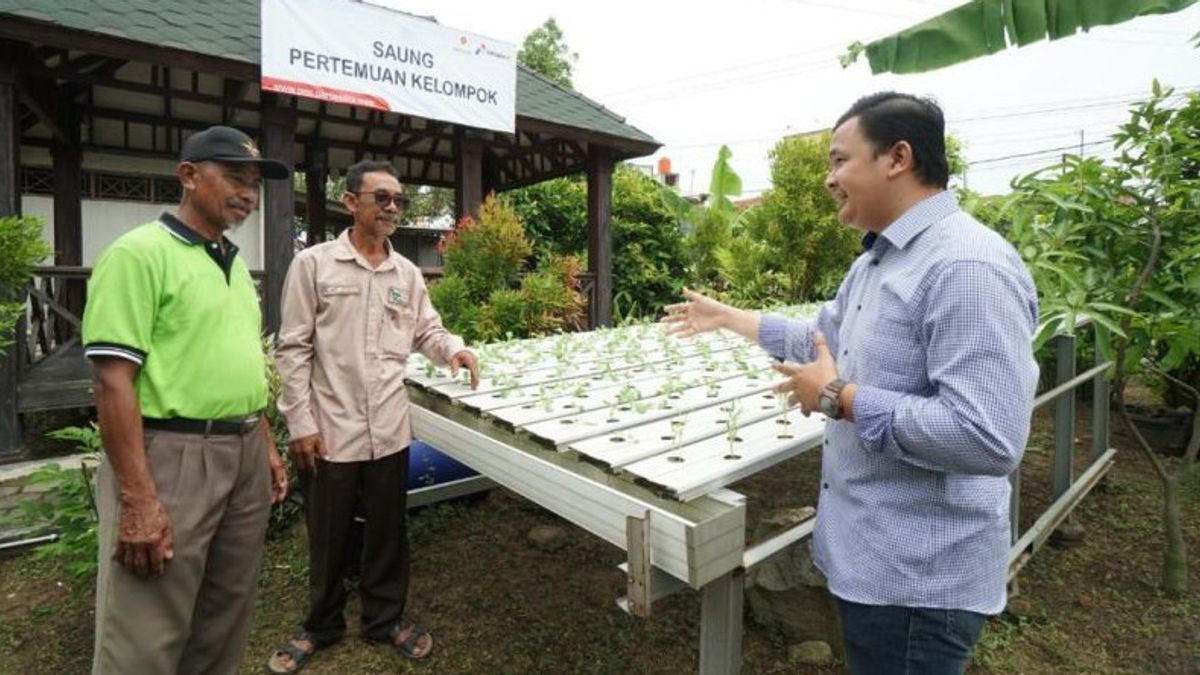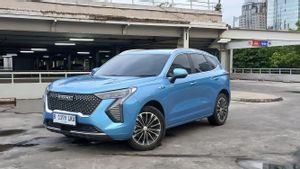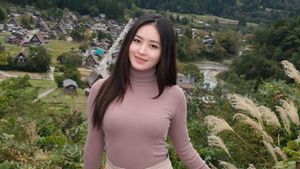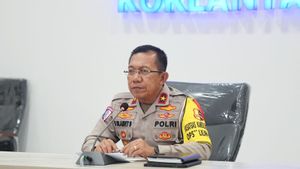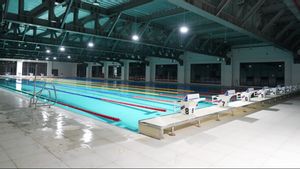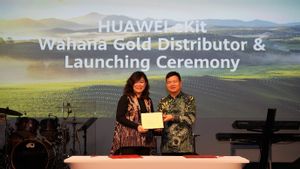JAKARTA - PT Pertamina EP Zone 7 Subang Field, empowering farmers and small businesses through two flagship programs, namely the Utilization of Nanas Leave Serat (Persona) in Subang Regency and Karawang Work Spirit of Healthy Farmers Food Security (Jejak Setapak) in Karawang Regency, West Java.
Ndirga Andri Sisworo, Senior Manager of PEP Subang Field, said that the Pesona Subang and Setapak programs are one of the company's contributions in maintaining community agricultural conditions so that they remain sustainable. This is in line with the company's commitment to run a sustainable oil and gas business based on Environmental principles, Social and Governance (ESG), while maintaining environmental sustainability around the company's area of operation.
"We are trying to improve the soil health structure of rice fields through organic agriculture, supporting the Sustainable Development Goals (SDGs) 15 related to the land ecosystem and SDGs 2 in realizing conditions without hunger in the determination of sustainable agricultural areas in the midst of reduced rice fields every year," he explained, quoted by Antara, Sunday 9 October.
Through Pesona Subang, Ndirga said that his party hopes that there will be changes and improvements from understanding, awareness of the use of pineapple leaf waste, processing and utilization skills.
Ndirga explained that the development of the Pesona program was motivated by Subang as the largest pineapple producing area in West Java. It turned out that behind the big profits from the sale of pineapple fruit, there was a massive waste problem in pineapple farming. pineapple leaf waste is an environmental problem that has not yet found an effective solution to date.
We and our fostered partners there use pineapple leaf waste as quality natural fiber. The pineapple leaf fiber is very good as an environmentally friendly textile material, it can be a substitute composite for fiberglas, as well as as as paper raw material," he said.
In the first year, continued Ndirga, PEP Subang Field and its fostered partners optimized production. PEP Subang Field also provides decorative machines for the production of pineapple leaf processing into fiber and some weaving tools.
"We also provide processing training and group formation in addition to the formation of pineapple leaf bank cooperatives," he said.
This year, according to the roadmap for the Pesona Subang program, entering the phase of increasing people's capacity. PEP Subang Field made a training program for pineapple leaf fiber crafts and natural coloring training. In addition, there is also training on painting creations and training on the processing of pineapple leaf rendeman compost.
Meanwhile, for the Setapak Trace program in Karawang Regency, which was previously carried out separately by fostered partners in the agricultural and aquatic sectors, it has now been integrated through the Paguyuban Saripati Tani Cooperative.
Ndirga said that the background of the Setapak Trace program is the reality of Karawang as a national rice barn which is threatened with land subsidence every year. In addition, there is a threat of land damage due to the use of chemical fertilizers and pesticides. Citing Food and Agricultural Organization (FAO) data, 69 percent of agricultural land in Indonesia is categorized as badly damaged.
"We also see the urgency of farmer regeneration, especially according to data from the Ministry of Agriculture, young Indonesian farmers are only 8 percent of the total farmers who reach 33.4 million people," he said.
Head of Cooperatives and Paguyuban (Tani Group) Saripati Tani, H. Sartim said organic agricultural innovation was the mainstay in the Setapak Trace program. Currently, Saripati Tani manages 6.7 hectares of organic agricultural land by applying the organic system for the use of 10 kg plastic bottles.
Sartim said organic agriculture can regenerate soil fertility naturally and can support agricultural activities in the long term. This is different from nonorganic agriculture which relies on chemical fertilizers. Economically, organic agriculture's advantages also have higher price value than nonorganic rice.
"The increase in a healthy lifestyle that is widespread has also increased the bargaining value of organic rice as a healthier choice of products," he said.
Hendra Wijaya, Secretary of Cooperatives Sari Pati Tani, added that the Setapak Trace is currently focusing on empowering in three sectors, namely organic agriculture, aquatics, and SMEs involving women. In total there are 56 people who are members of this program.
"There are 37 people who are members of the Saripati Tani Association, 9 youths in aquatics, and 10 mothers who manage culinary businesses to utilize rice products from organic agriculture developed by Setapak Traces," he said.
Hendra said the turnover of farmers in the Setapak Trace program reached Rp240 million per harvest. Meanwhile, the turnover of youth who manages aquatics is Rp5.9 million per month.
The English, Chinese, Japanese, Arabic, and French versions are automatically generated by the AI. So there may still be inaccuracies in translating, please always see Indonesian as our main language. (system supported by DigitalSiber.id)
